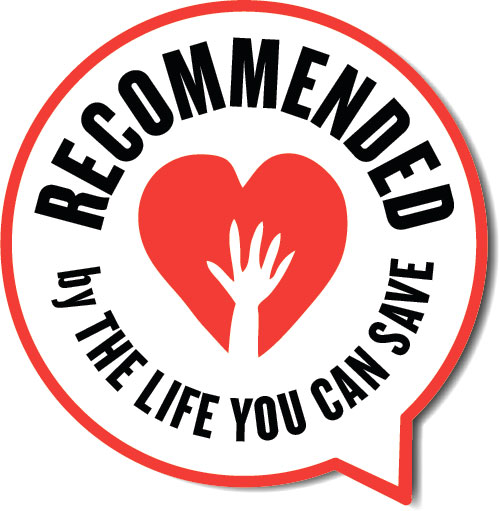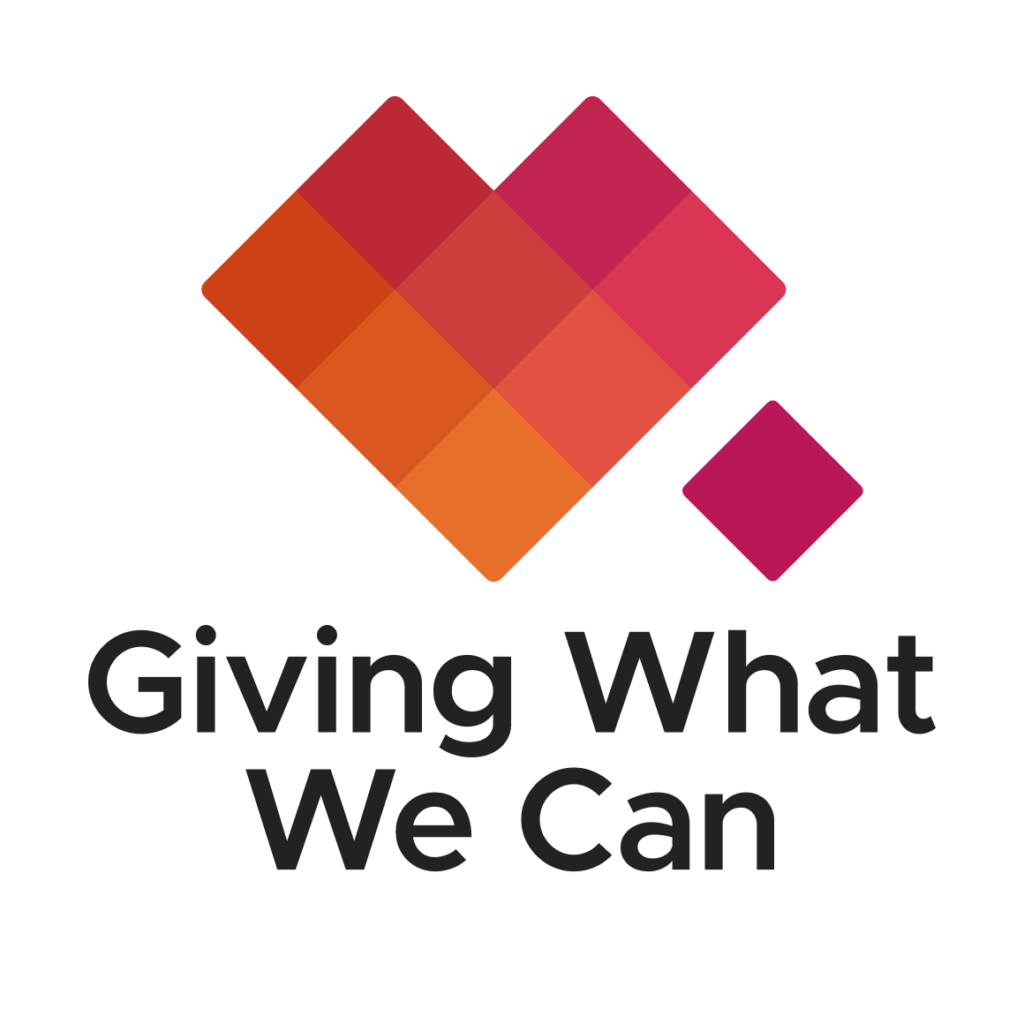Best Charities
Not all charities are equal. In fact, you can often have 100x more impact by donating to the best ones.
- Leverages thousands of hours of rigorous research and vetting from independent, expert evaluators like GiveWell, Giving What We Can, and Giving Green.
- Selects charitable programs consistently ranked as the most cost-effective at scaling proven interventions to combat extreme poverty and climate change.
- Offers you and thousands of Australians a way to support these highly effective, transparent programs knowing that your tax-deductible donations will go far in saving and improving lives and protecting our climate.
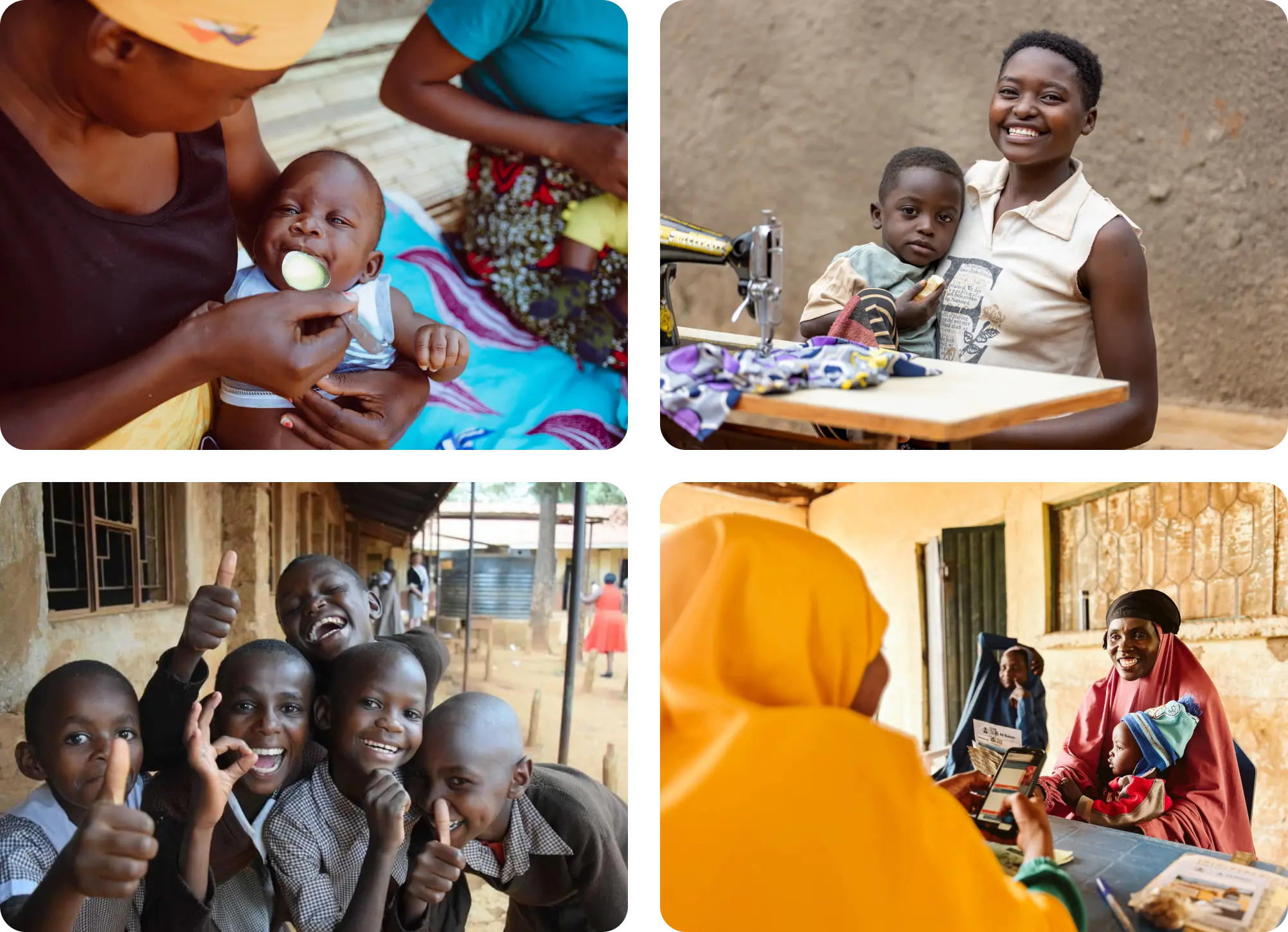
Fund options

Top Charities Fund

With our Top Charities Fund, we work with GiveWell to find the programs that save or improve lives the most per dollar. With this fund, your donation goes to the most cost-effective funding opportunity among our top recommendations below, which align with GiveWell’s Top Charities.

All Grants Fund

With our All Grants Fund, we work with GiveWell to find a broad spectrum of high-impact global health and wellbeing programs. With this fund, your donation goes to the most cost-effective funding opportunities among GiveWell’s full grantmaking spectrum, including top charities, newer programs, policy initiatives, and research that may carry higher risk but offer significant potential impact.

Environment Fund

With our Environment Fund, we work with Giving Green to find the programs expected to reduce CO2 most effectively. With this fund, your donation goes to cost-effective opportunities via Giving Green’s Top Climate Nonprofits.
Global health and development
Our top recommended programs
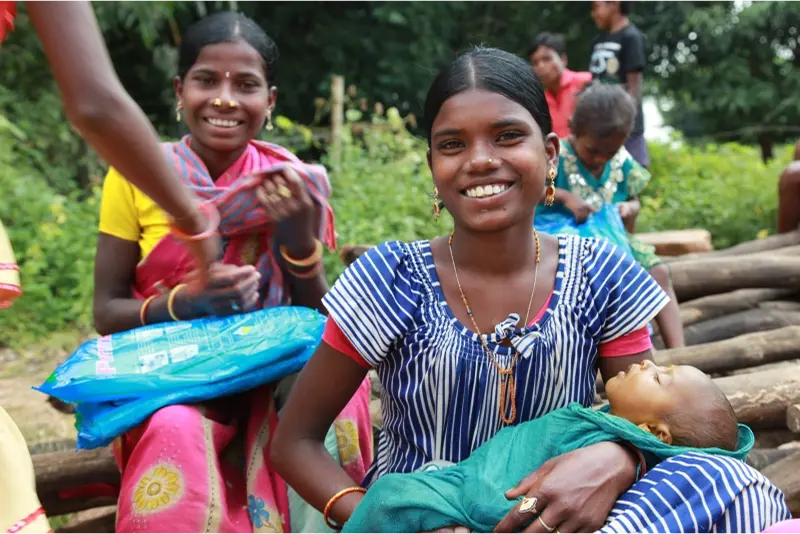
Against Malaria Foundation
Bednets to prevent malaria
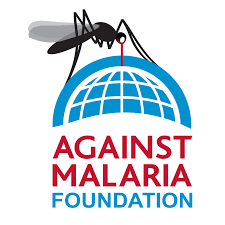
Malaria kills more young children in Africa each year than any other cause, with a child dying of the disease about every minute. Against Malaria Foundation (AMF) enables the distribution of insecticide-treated bed nets at a low cost, protecting people’s sleeping spaces from mosquitos that can carry malaria.
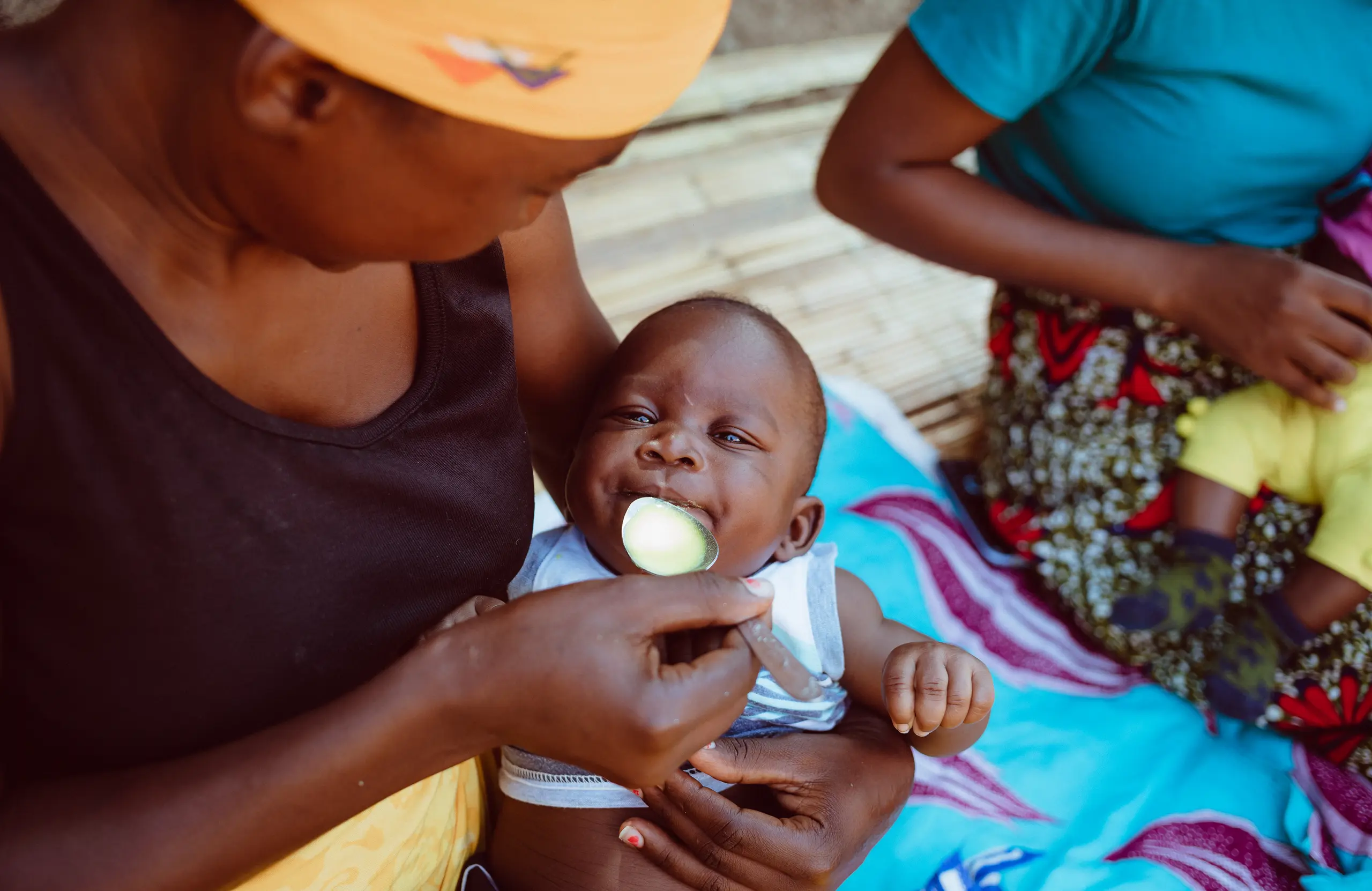
Malaria Consortium
Drugs to prevent malaria
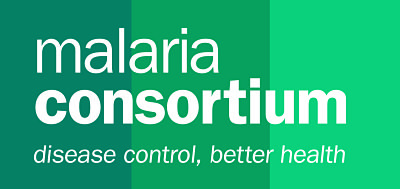
Malaria is preventable with low-cost medications. Still, many people in the most vulnerable communities lack easy access to antimalarial medicine. Malaria Consortium’s SMC seasonal malaria chemoprevention (SMC) program helps governments deliver preventive antimalarial drugs to children under five during the peak malaria transmission season. Analysis of rigorous studies has found that SMC can reduce malaria cases by up to 75%, thereby reducing malaria deaths.
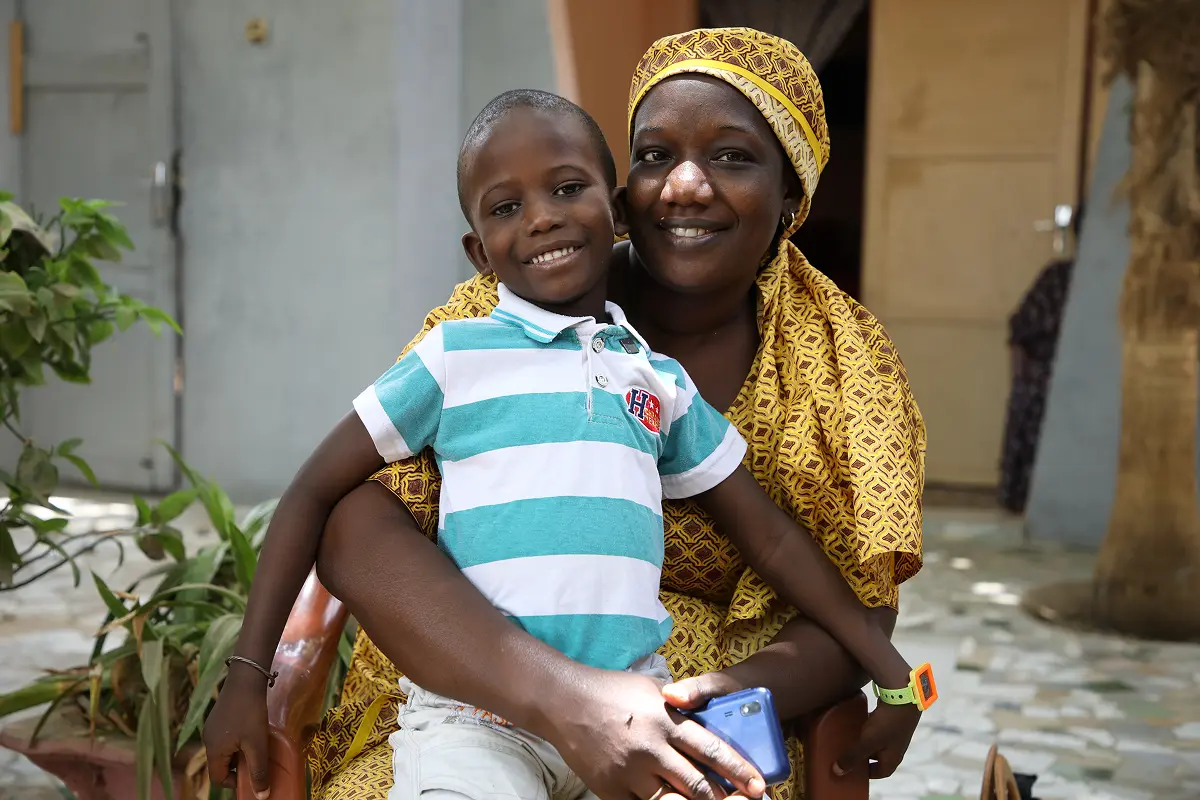
Helen Keller International
Vitamin A supplementation
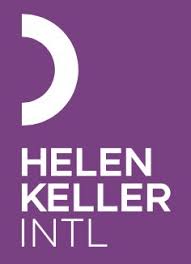
Millions of young children living in poverty face vitamin A deficiencies, putting them at risk of blindness, infection, and even death. Helen Keller International partners with governments across Africa and Asia to increase vitamin A supplementation to children, with strong evidence showing that these programs effectively improve health and reduce child mortality. In 2024, Helen Keller International distributed more than 87 million capsules of vitamin A.
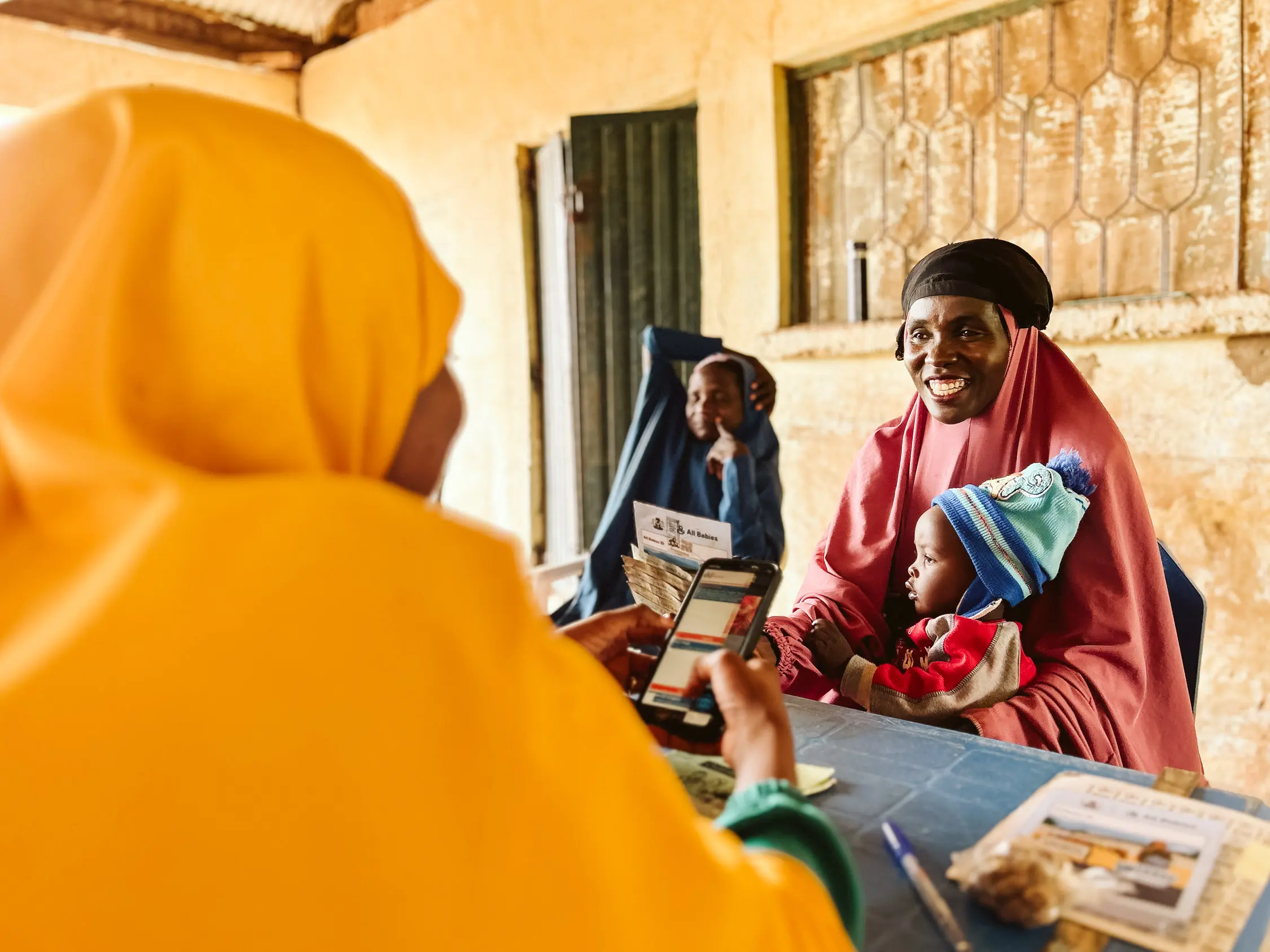
New Incentives
Cash incentives for childhood vaccinations

Immunisations protect children from deadly diseases like tuberculosis and whooping cough. But, many children in lower-income countries don’t receive all recommended immunisations, including due to lack of access, education, or because their parents can’t afford to get to the clinic. New Incentives works with local health clinics in Nigeria to offer cash incentives to caregivers who bring their babies to be immunised. It also promotes vaccination within communities and helps ensure clinics have enough vaccine supply. A randomised trial found that the program doubles vaccination rates in the regions it operates.
Other programs we support
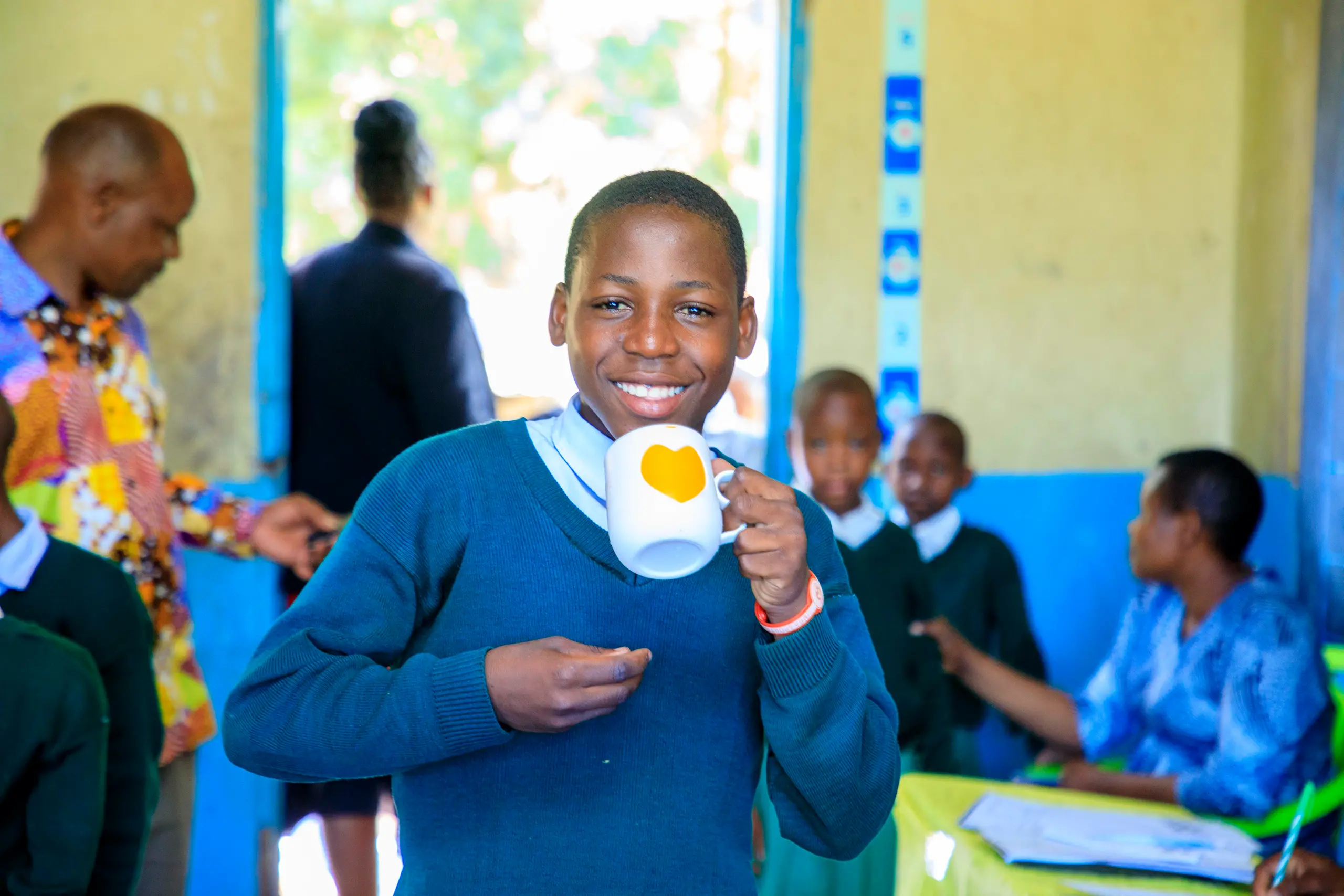
Unlimit Health
Treating children for parasitic infections
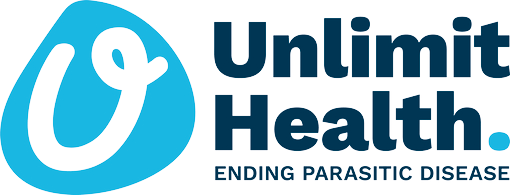
Parasitic worm infections can impair childhood development, cause severe chronic illness, and reduce school attendance. Unlimit Health partners with governments across sub-Saharan Africa to deliver tens-of-millions of deworming treatments to school children each year. Treatments are very inexpensive and provided at no cost to families.
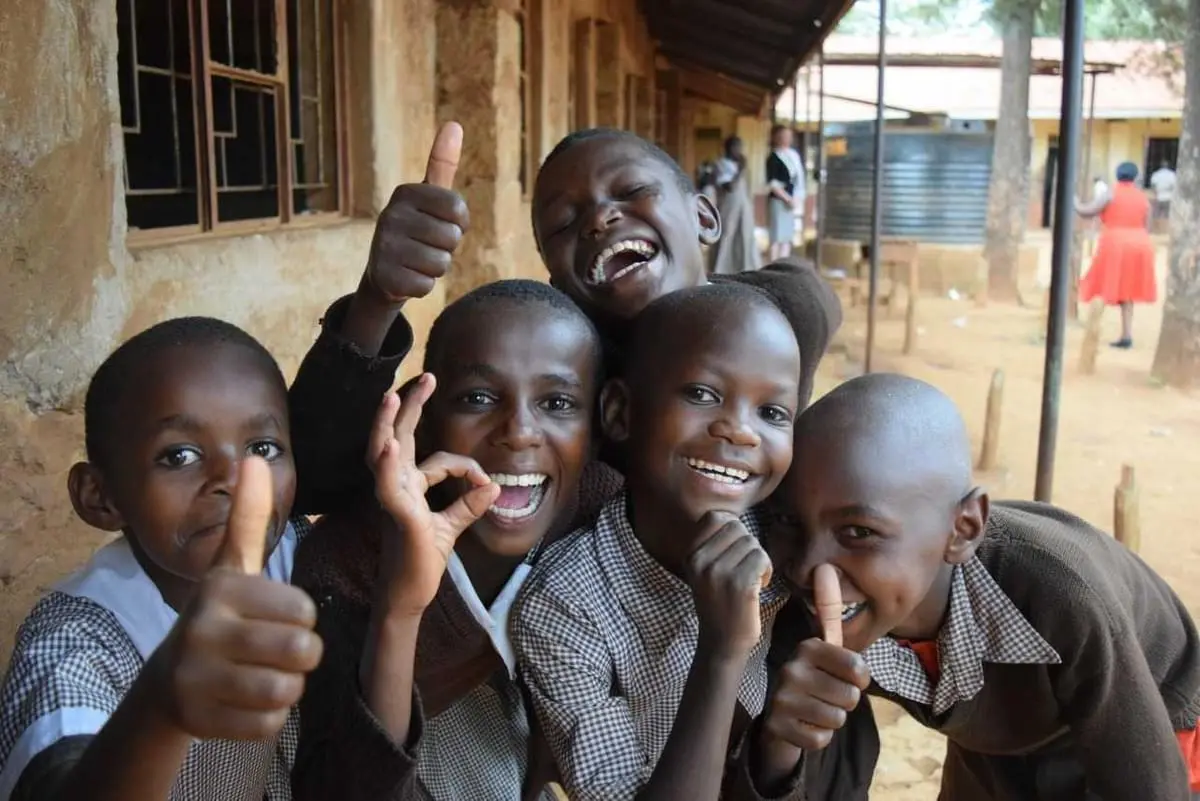
Deworm the World Initiative
(led by Evidence Action)
Treating children for parasitic infections

With untreated worm infections often leading to malnourishment, illness and missed school, children can be set back for life. The Deworm the World Initiative led by Evidence Action supports governments around the world to eliminate the threat of parasitic worms through school-based mass deworming programs. Their advocacy and technical assistance to launch, strengthen and strengthen school-based deworming programs has led to over 2 billion treatments being delivered since 2024, costing less than US$0.50 each.
For more, you can read reports on Deworm the World by GiveWell, Giving What We Can and The Life You Can Save.
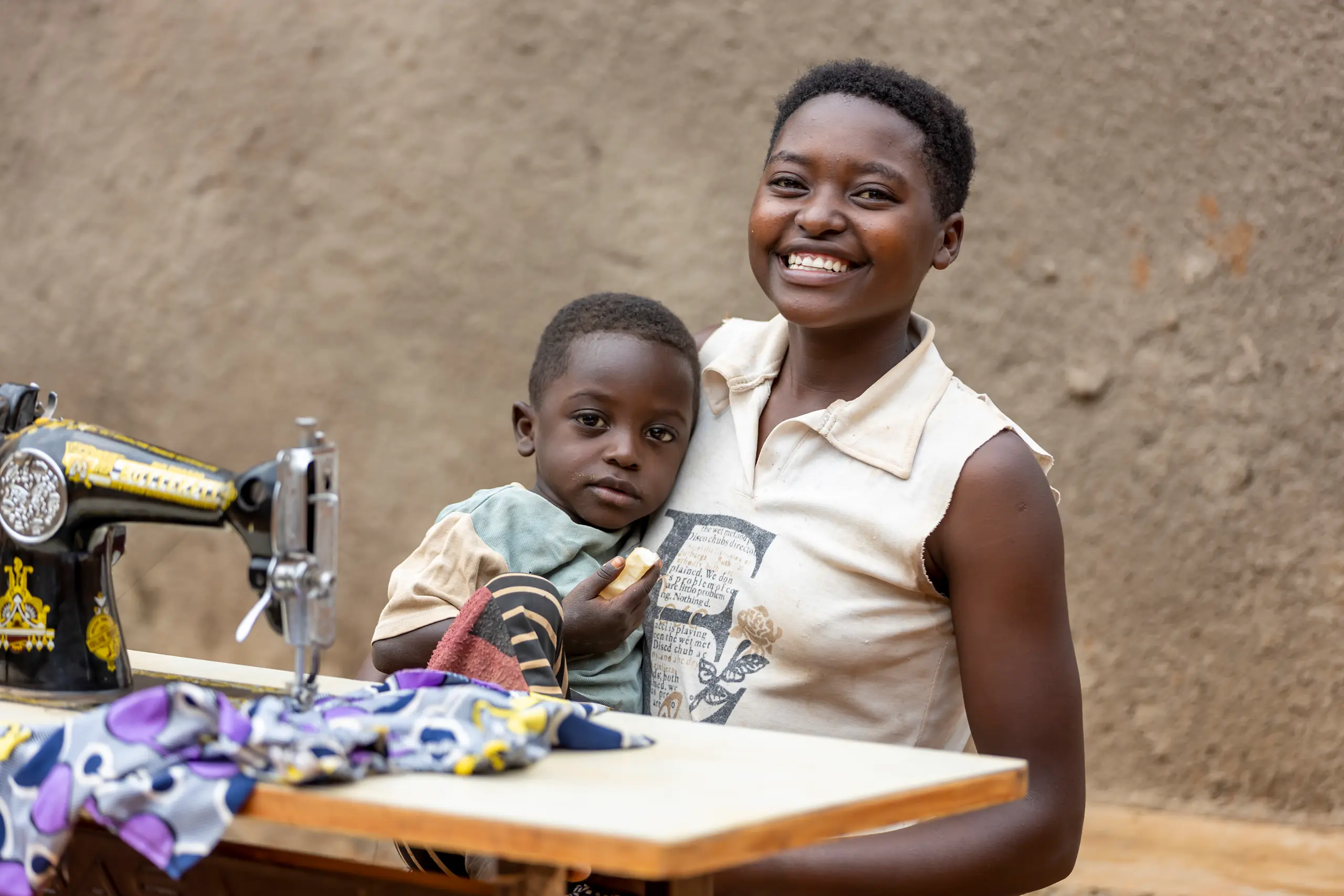
GiveDirectly
Unconditional cash transfers to the extreme poor

Providing direct unconditional cash transfers to very poor families allows them to purchase that which they believe will help them most. Strong evidence indicates that cash transfers lead recipients to spend more on their basic needs—like food, medicine, and housing—and even allow them to jumpstart small businesses, with evidence showing no impact, or a negative impact, of transfers on alcohol or tobacco expenditure.
You can also donate to Give Directly’s programs focused on Refugees or their Universal Basic Income research.
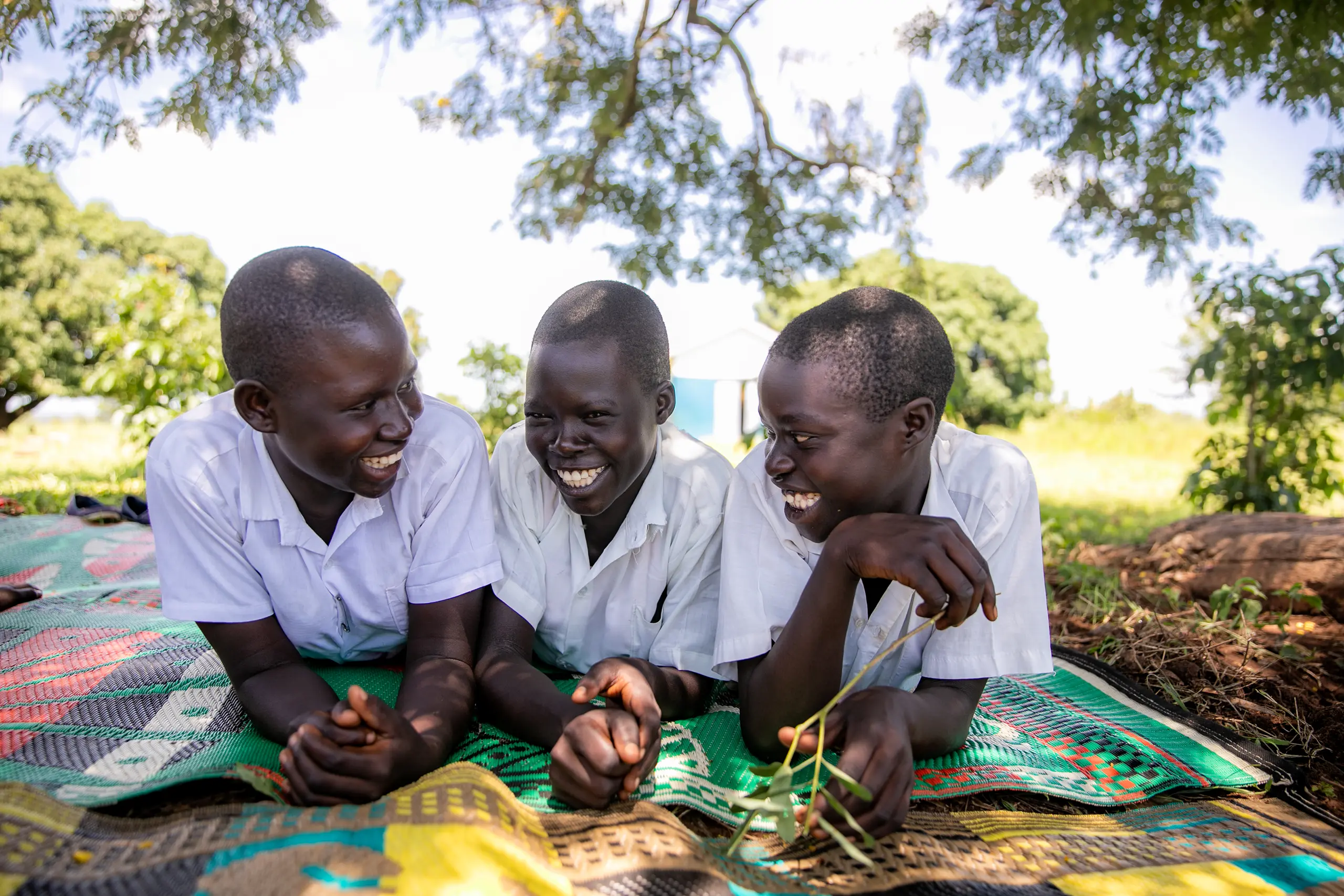
StrongMinds
Treating depression at scale in Africa

Globally, 280 million people experience depression disorders. In low-income countries, up to 85% have no access to treatment, and women are affected at 2x the rate of men. StrongMinds provides free group talk therapy to low-income women and adolescents with depression in sub-Saharan Africa. They scale their reach through peer-to-peer therapy, teletherapy, public education, and partnerships. Women who complete their therapy achieve clinically significant reductions in depression symptoms, restoring hope for themselves and their families and supporting health, education and economic outcomes. Approximately 80% of clients are depression-free at the conclusion of treatment. Since 2013 they have treated more than 900,000 individuals for depression.
Climate action
Our Environment Fund helps Australians maximise their impact on combating climate change. Our expert evaluation partners conduct over 4,000 hours of rigorous research each year to identify some of the most effective, evidence-based, high-leverage climate initiatives worldwide.
Each charity in this fund—listed below—has been independently recommended by our evaluation partners for its exceptional impact potential. Your donation directly supports high-leverage climate solutions with measurable results.
We are highly confident that donating to our Environment Fund—which supports programs including those listed below—will go far in combating climate change.
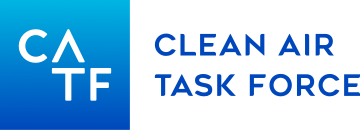
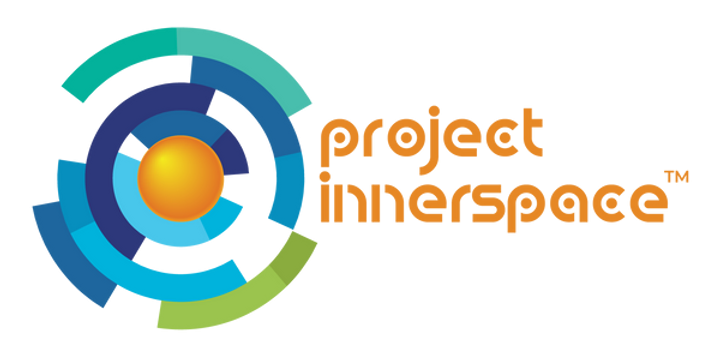

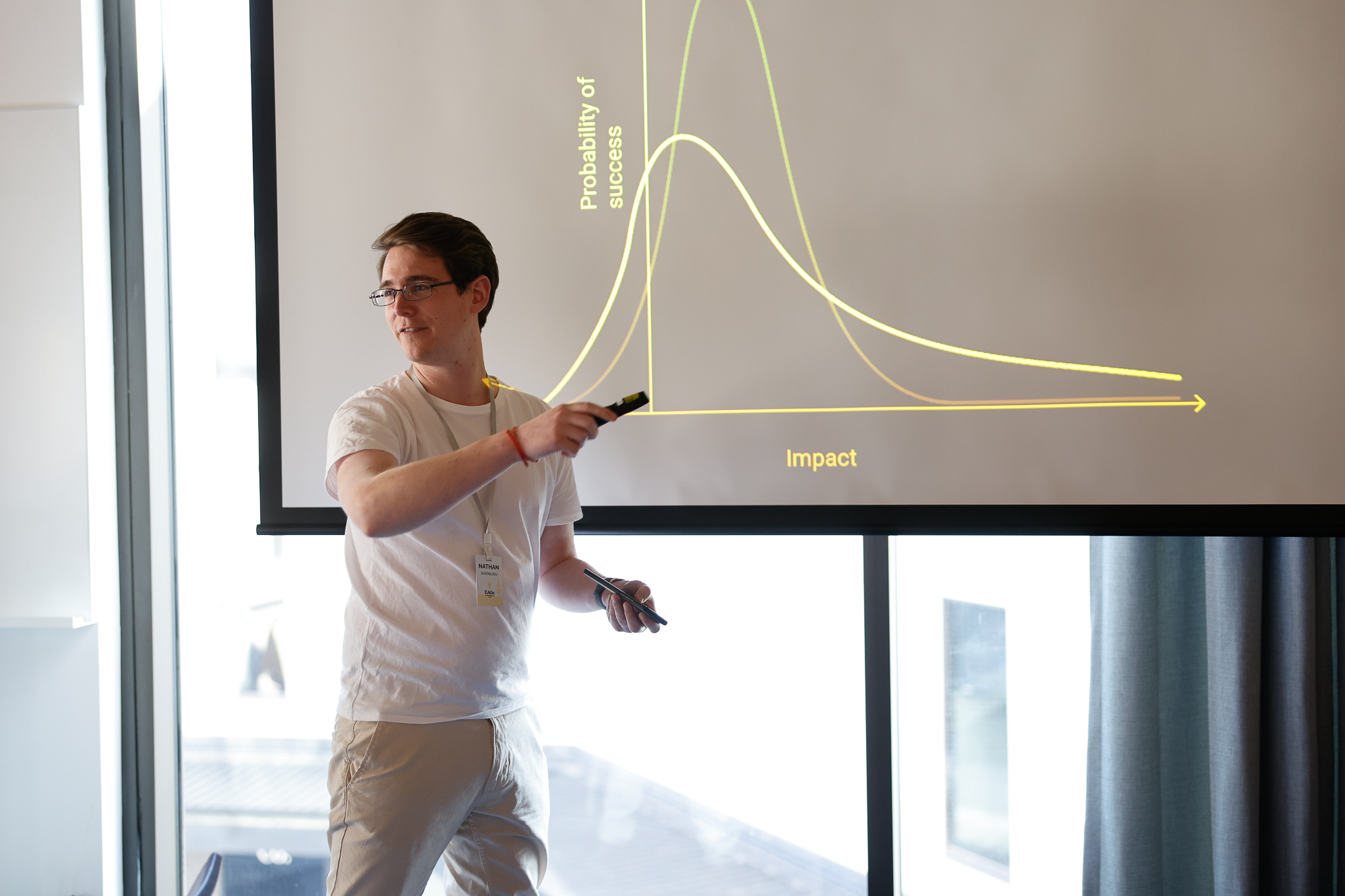
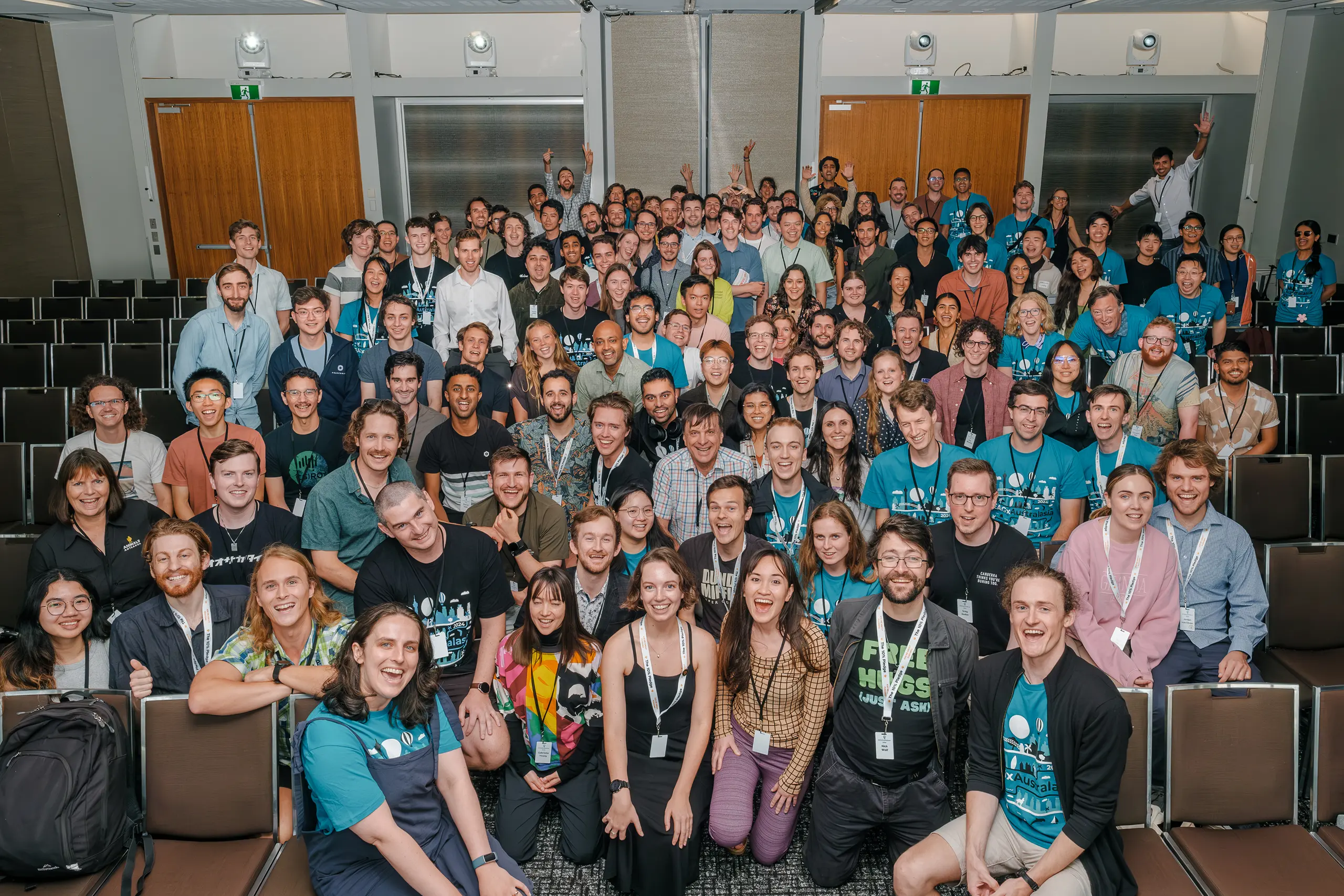
Help us do more good

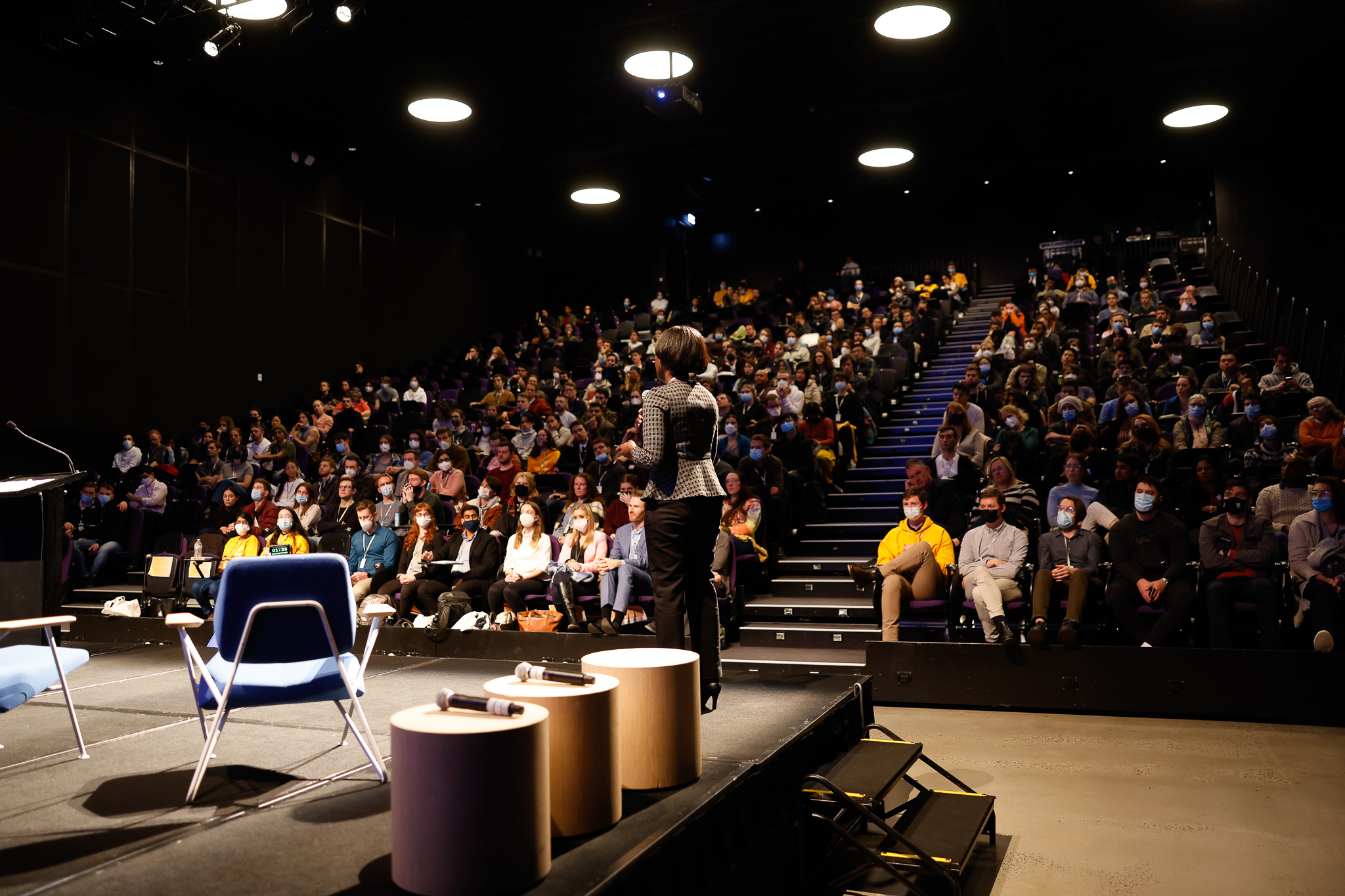
Other cause areas
Improving animal welfare
Creating a better future and reducing existential risks
For a more complete list of highly effective cause areas and charities, please visit this Giving What We Can page.


